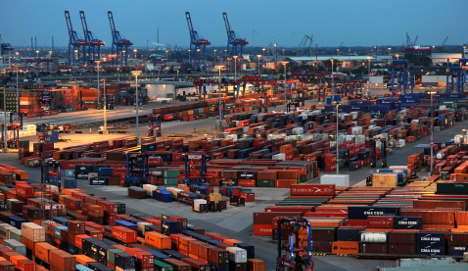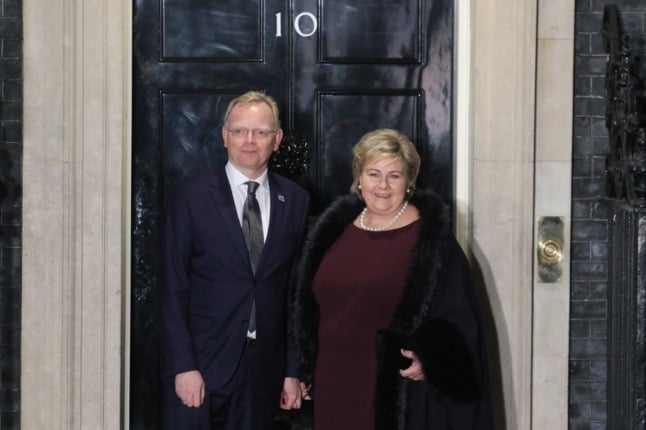Federal statistics office Destatis said in a statement on Monday that exports grew by 0.6 percent compared to October 2012 to reach €99.1 billion. This pushed the figure above the previous record set in March 2012.
Although imports were down by 1.6 percent over the figure from last October, they have accelerated hugely since then, and reached a value of €81.2 billion this October – an increase of 2.9 percent since a month previously.
This reduced the trade balance – the difference between exports and imports – to a surplus of €17.9 billion.
Export growth came on the back of rising demand in non-eurozone European Union countries, with exports to Poland, for example, up by 6.2 percent compared to last October. Goods sold outside Europe fell by 1.3 percent over the last 12 months.
Germany’s healthy trade surplus has led to criticism from both the USA and European Union who argue it is harming poorer countries in the eurozone.
They want Germany to invest more of its huge trade surplus to increase domestic consumer demand for goods from its European neighbours.



 Please whitelist us to continue reading.
Please whitelist us to continue reading.
Member comments